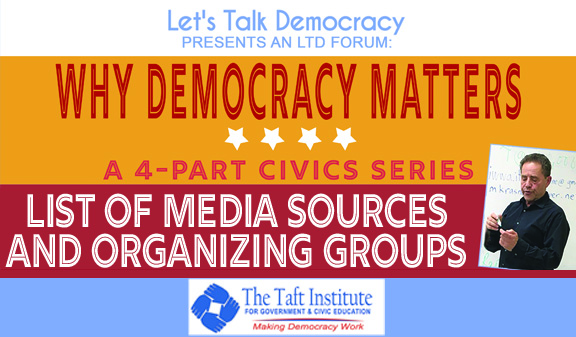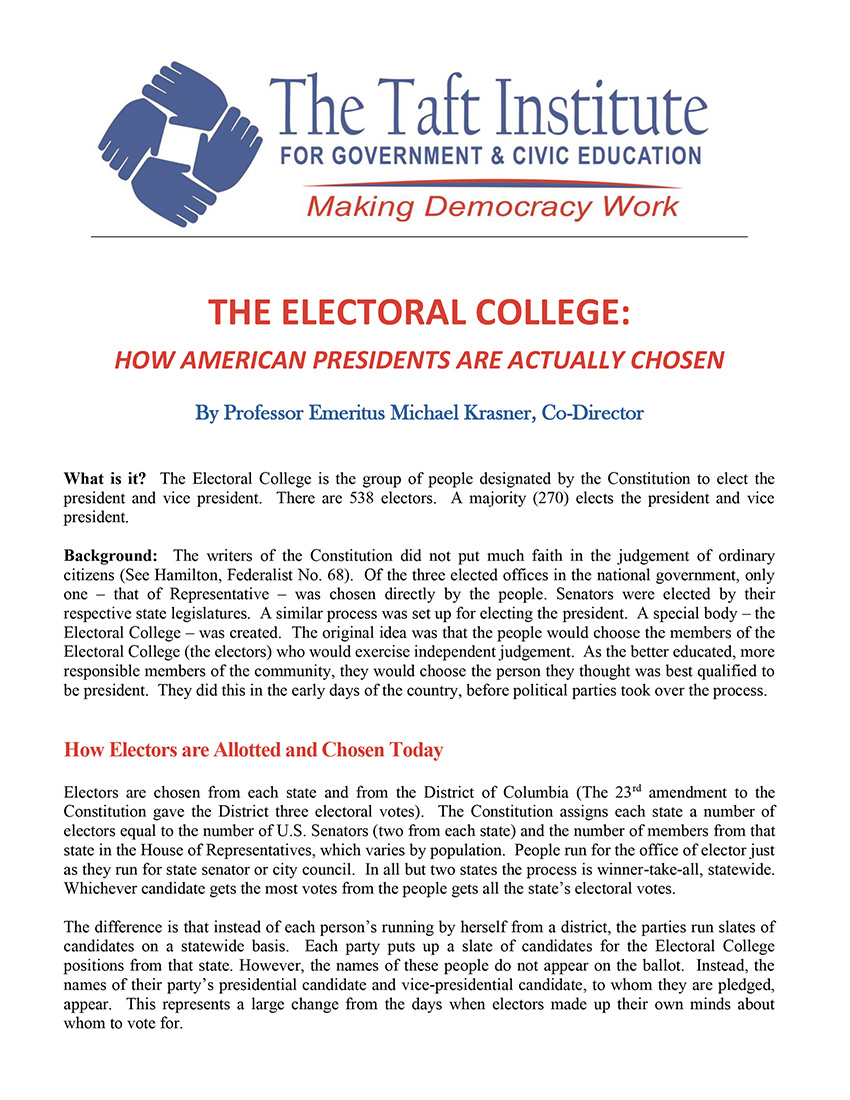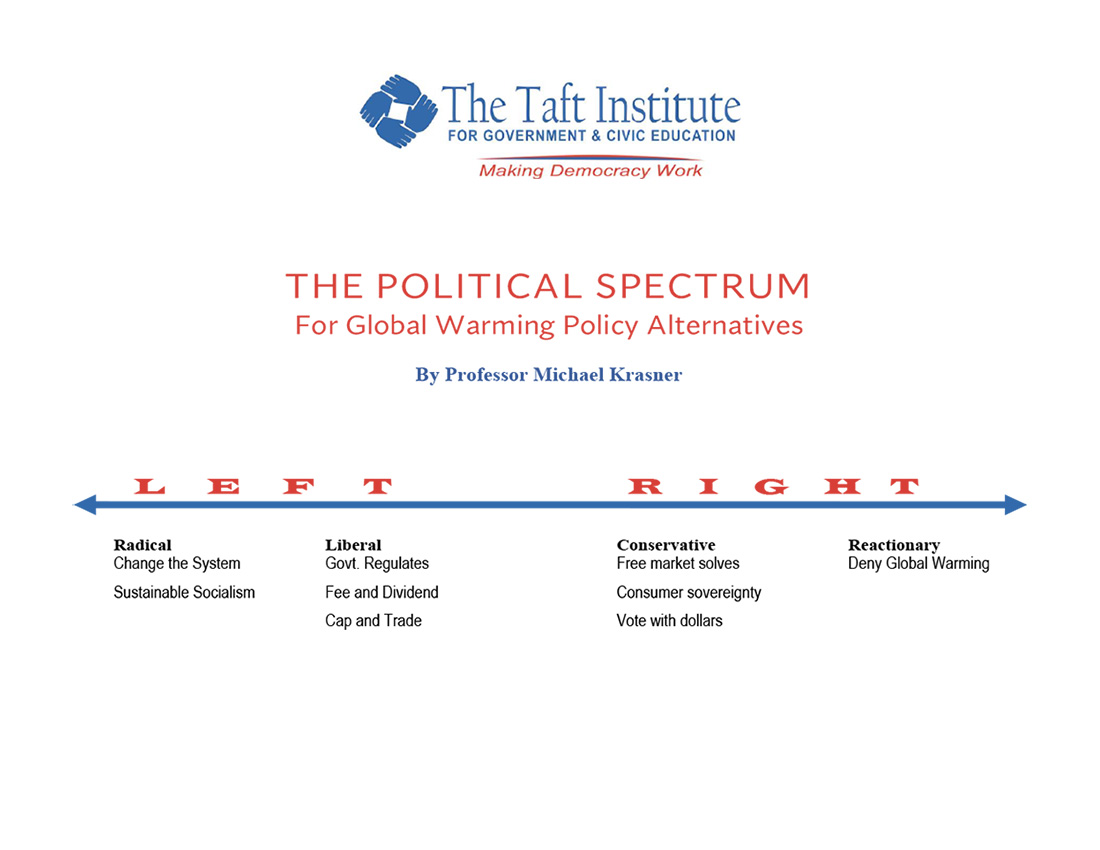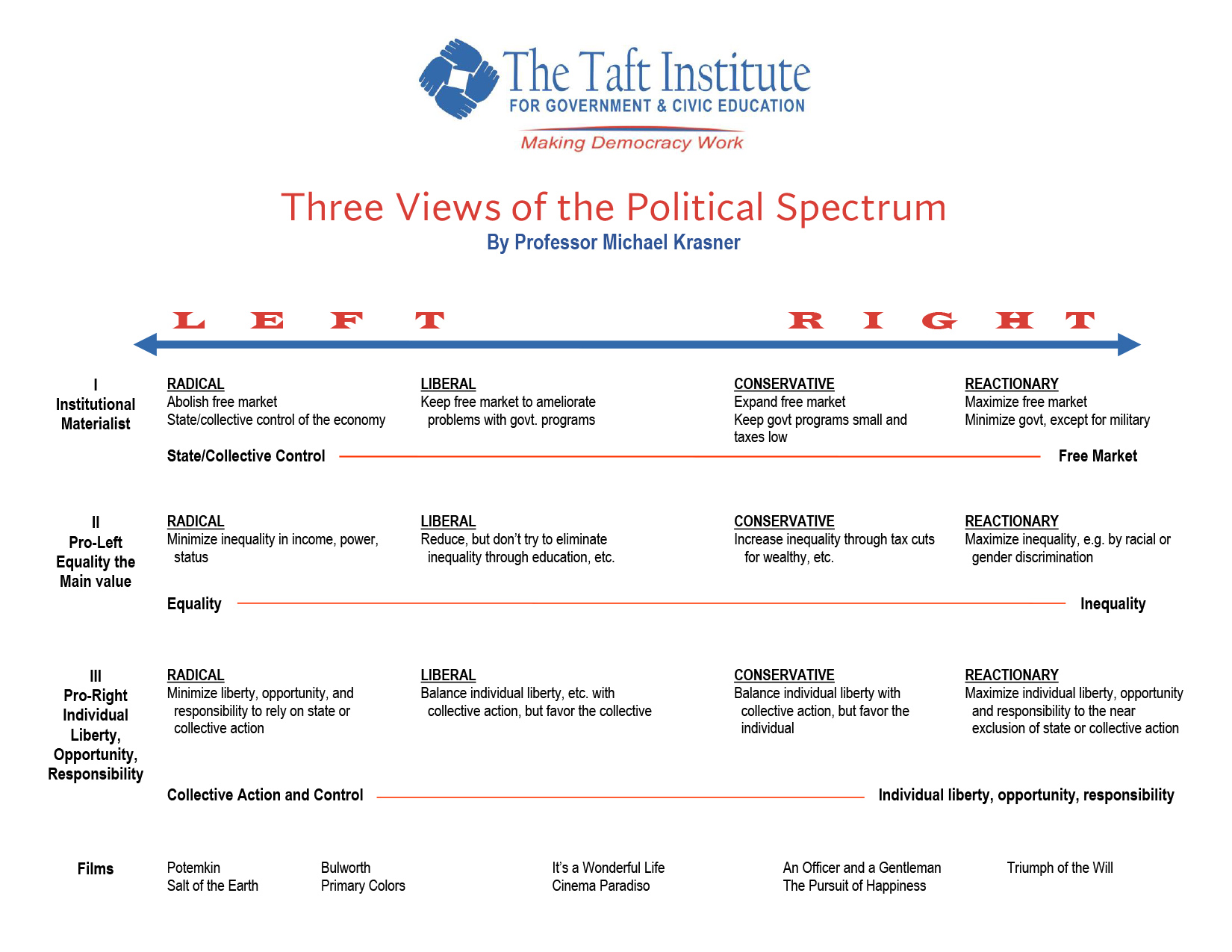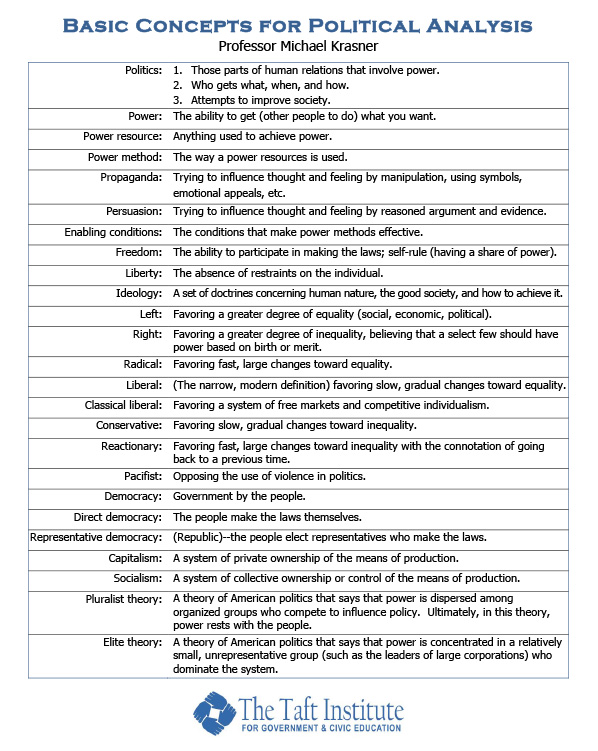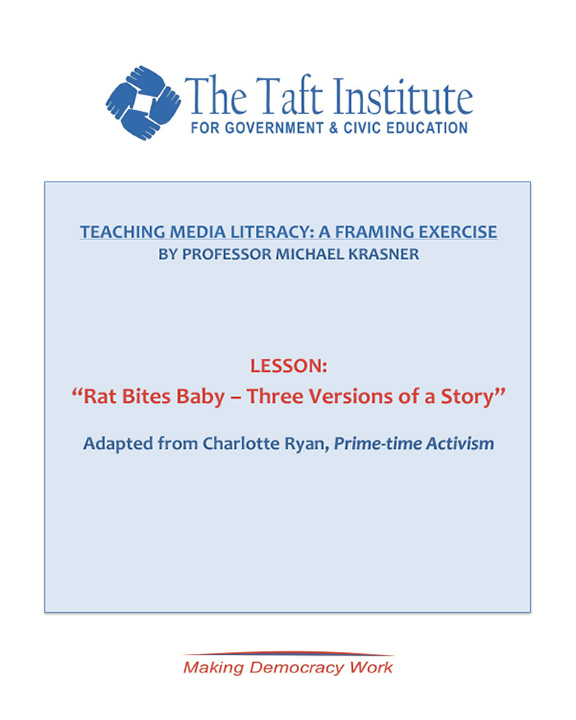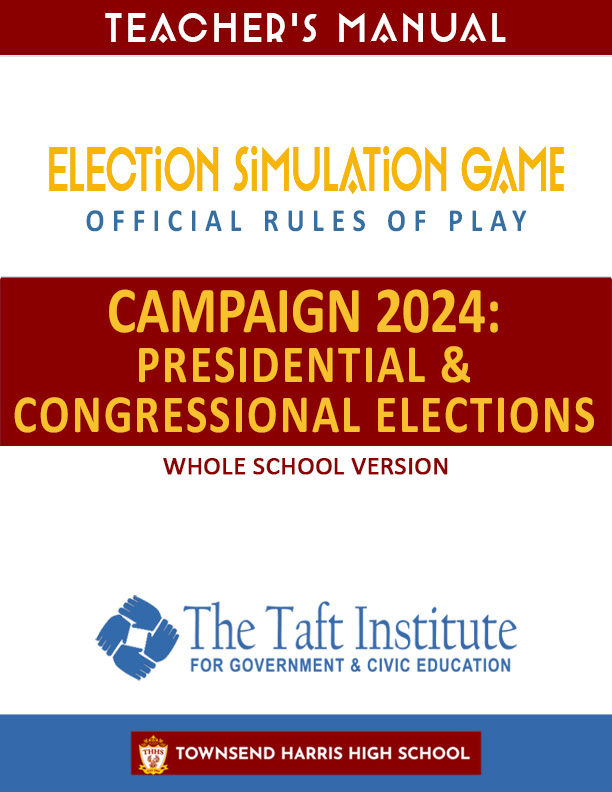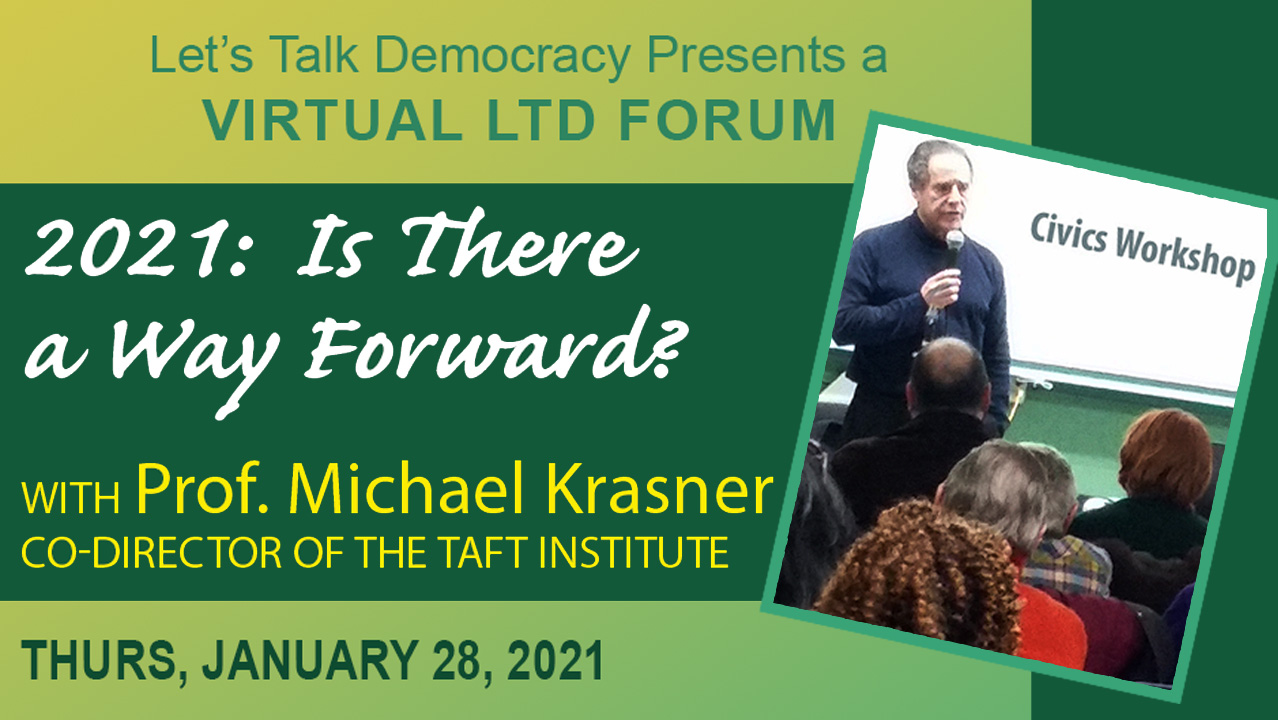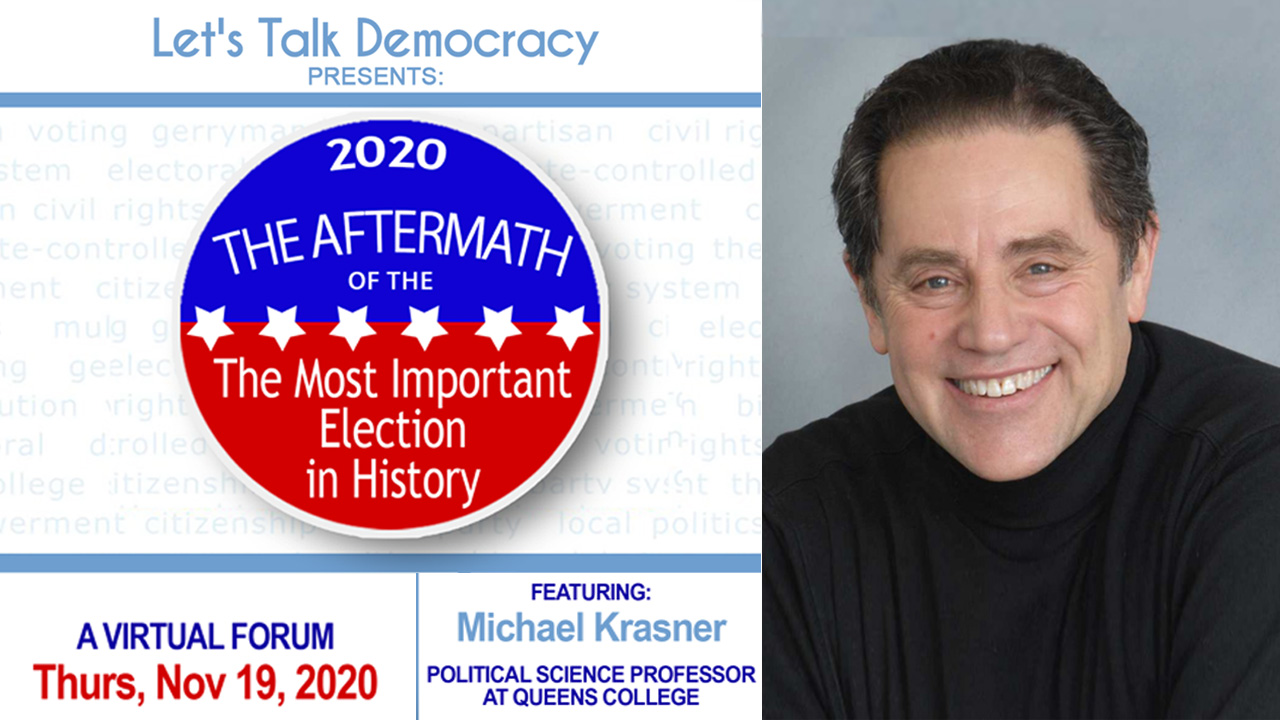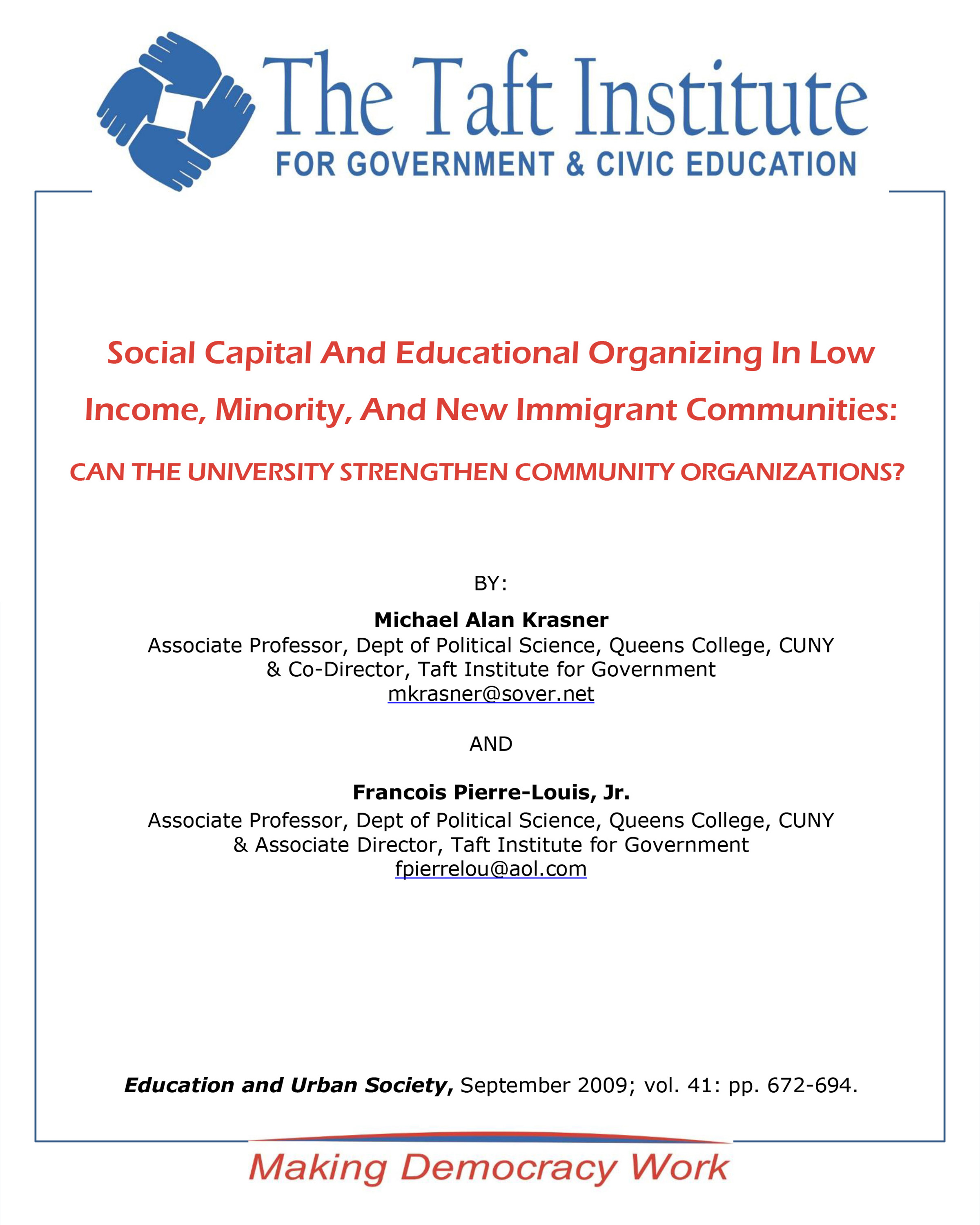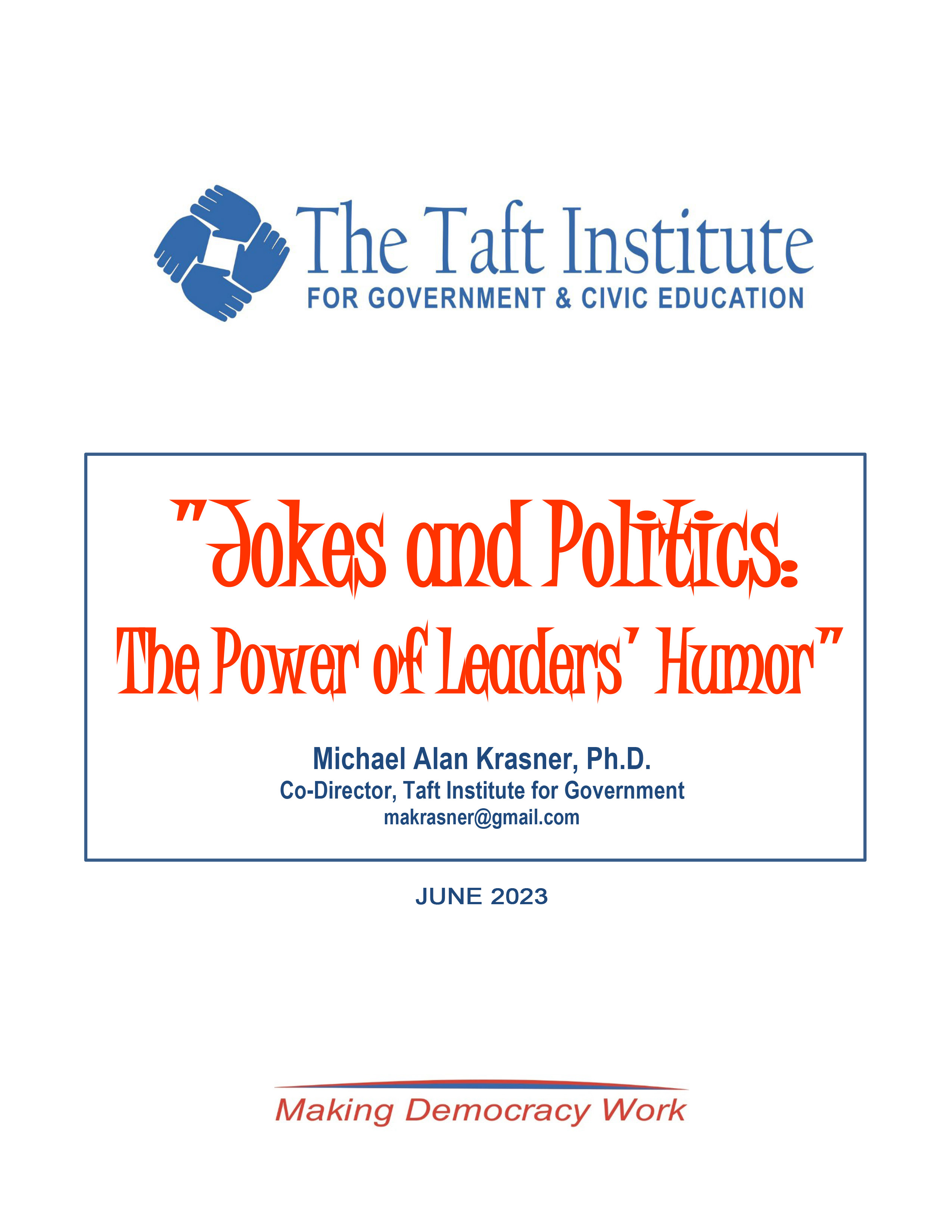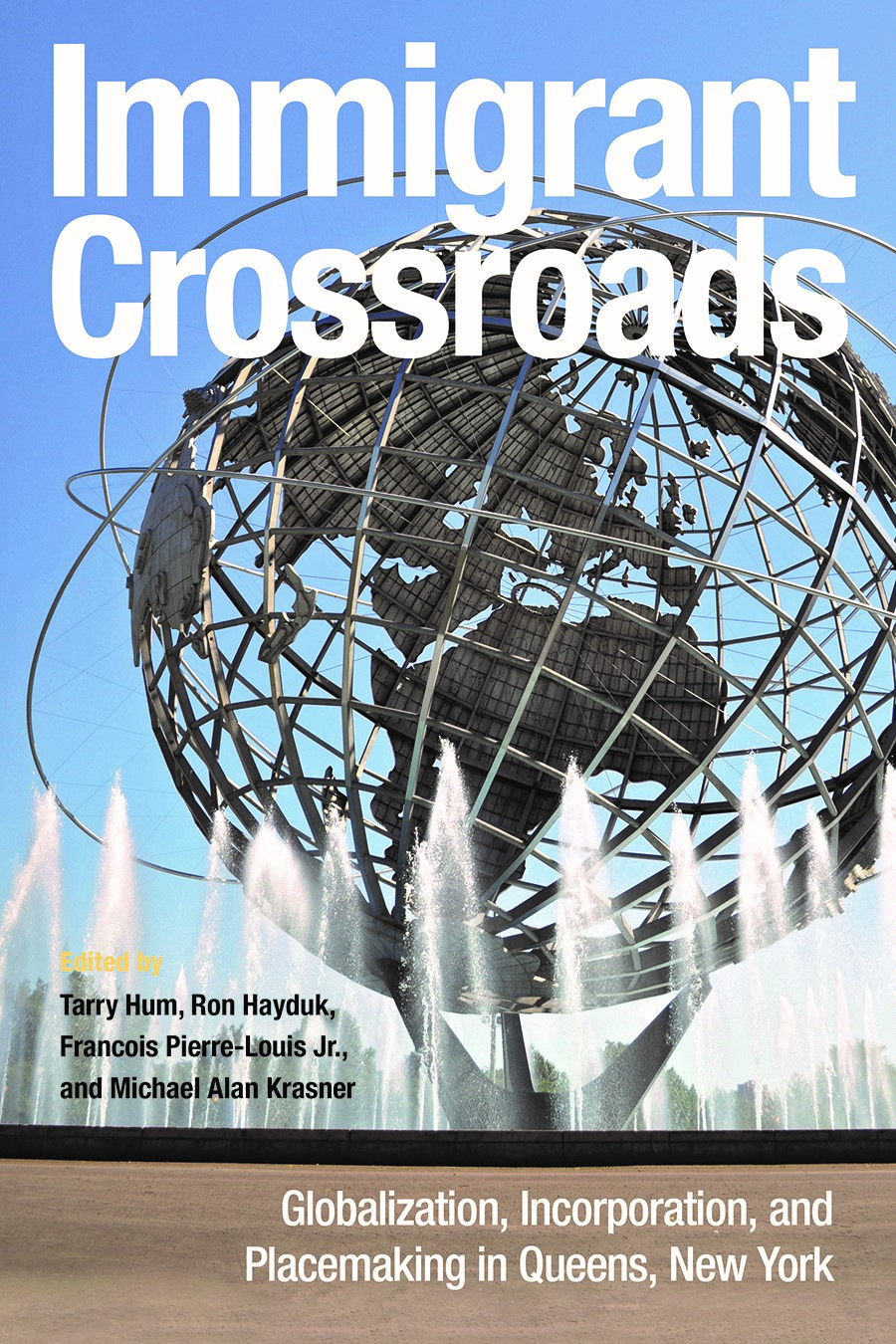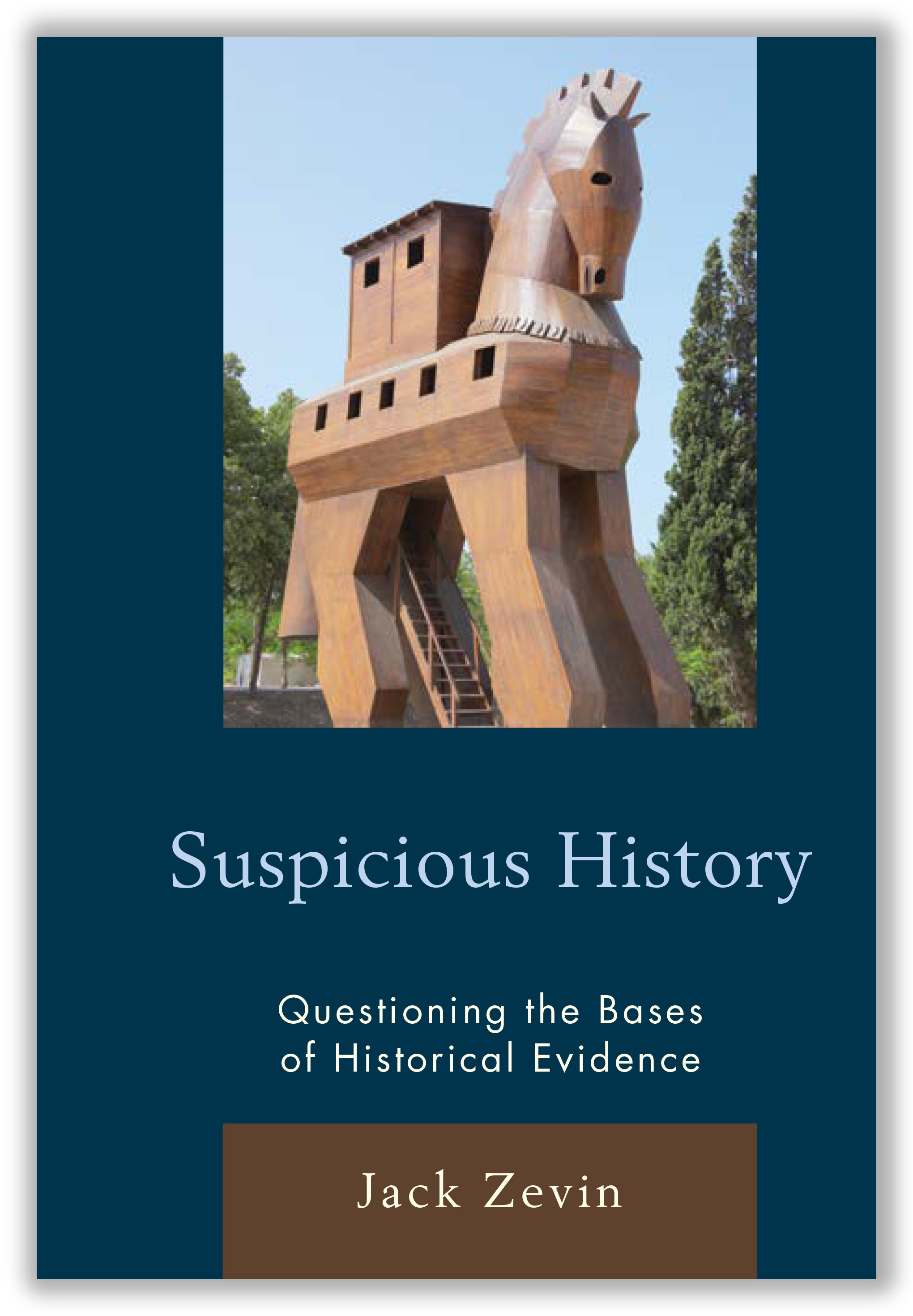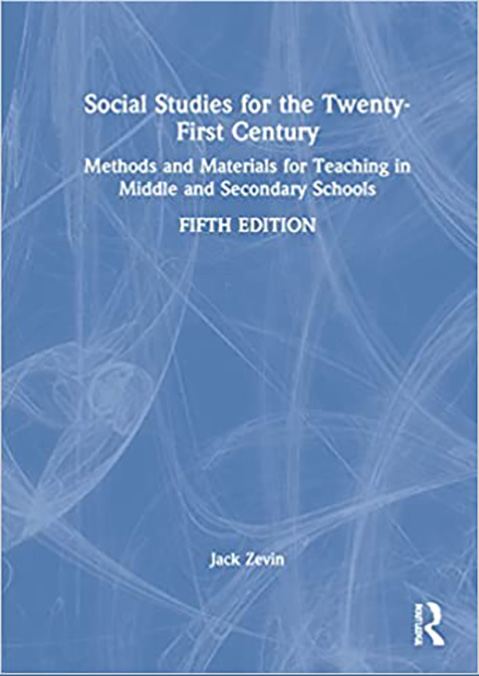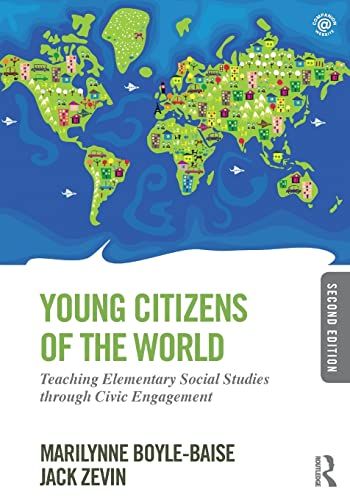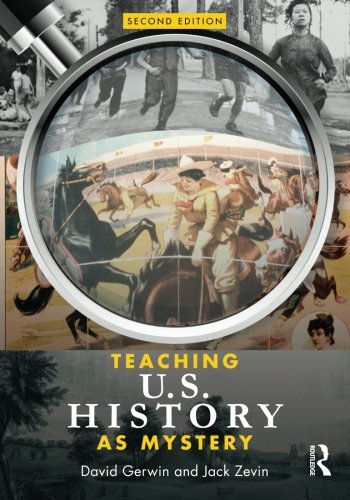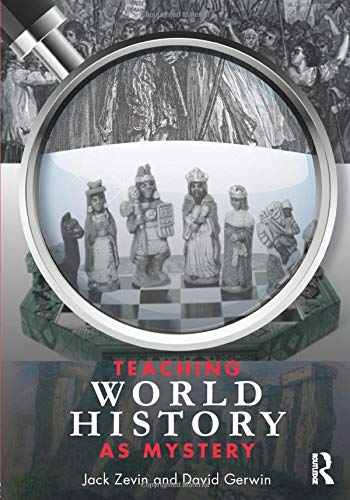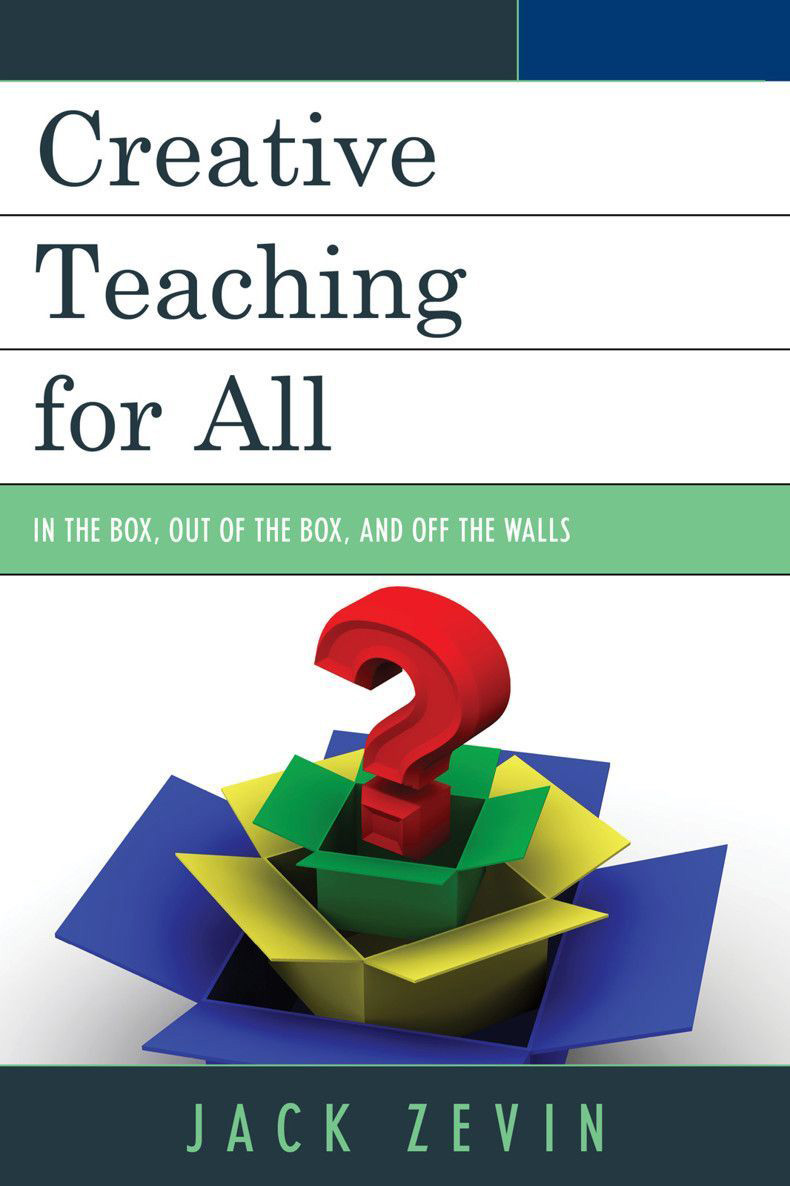RESOURCES
TO DOWNLOAD, PLEASE CLICK ON THE DESIRED ITEM
TEACHER'S SEMINARS
The Taft Institute’s Seminar for Teachers is an annual online event that features presentations and reviews of topical issues by Professor Emeritus Michael Krasner, Professor Emeritus Jack Zevin and Senior Teaching Associate Don McLean. Teachers Seminar Presentations, articles and student handouts are available for download. TEACHERS SEMINARS
Simulation Games
Our Curriculum Development Program provides free simulation games and other resources
Media
View videos of Adult Civic Education seminars and forums presented by Taft Institute staff
BOOKS BY TAFT AUTHORS
Immigrant Crossroads, editd by Tarry Hum, Ron Hayduk, Francois Pierre-Louis Jr, and Michael Alan Krasner
Nearly half the 2.3 million residents of Queens, New York are foreign-born immigrants hailing from more than 120 countries. The editors and contributors examine the social, spatial, economic, and political dynamics that stem from this fast-growing urbanization. The interdisciplinary chapters examine residential patterns and neighborhood identities, immigrant incorporation and mobilizations, and community building and activism.
Suspicious History, by Jack Zevin
Aims at providing teachers and students of history and related social sciences with ideas for critical thinking about past and present applied to documentation, images, and historical writing. Issues of perspective, bias, storytelling, patriotism and heroism, as well as interpretation are distributed among different chapters, along with guidance for making discussion provocative and involving in light of principles for rethinking history.
Social Studies for the Twenty-First Century, by Jack Zevin
Social studies needs its curricula revamped and its data controlled. We are already drowning in data by multiple forms of communication. As true social studies devotees and buffs, we should seek answers about the present and future from past and present experience, remembering that for most human history nations did not exist.
Young Citizens of the World, by Marilynne Boyle-Baise and Jack Zevin
Takes a clear stance: Social studies is about citizenship education that is informed, deliberative, and activist―citizenship not only as a noun, something one studies, but as a verb, something one DOES. Its holistic, multicultural approach is based on this clear curricular and pedagogical purpose. Straightforward, engaging, and highly interactive, the book encourages students (and their teachers) to become informed, think it through, and take action. Each chapter is written as a civic engagement which is teacher-ready for use in elementary classrooms.
Teaching U.S. History as Mystery, by David Gerwin and Jack Zevin
Presenting U.S. history as contested interpretations of compelling problems, this text offers a clear set of principles and strategies, together with case studies and "Mystery Packets" of documentary materials from key periods in American history. Structured to encourage new attitudes toward history as hands-on inquiry, conflicting interpretation, and myriad uncertainties, the whole point is to create a user-friendly way of teaching history "as it really is" ─ with all its problems, issues, unknowns, and value clashes.
Teaching World History as Mystery by Jack Zevin and David Gerwin
Offering a philosophy, methodology, and examples for history instruction that are active, imaginative, and provocative, this text presents a fully developed pedagogy based on problem-solving methods that promote reasoning and judgment and restore a sense of imagination and participation to classroom learning. Designed to draw readers into the detective process that characterizes the work of professional historians and social scientists - sharing raw data, defining terms, building interpretations, and testing competing theories.
Creative Teaching for All, by Jack Zevin
An antidote to rapidly growing pressures for quick and easy teacher results, and constant evaluations. Employ creative ideas to resist teaching to the (usually factual) test, and to the many choking rules, standards, cores, and state regulations that strangle motivation and destroy experimentation. Excellent as part of any ‘methods’ course as the text or a supplement. Offers ideas and techniques to meet and EXCEED current standards for instruction and provide a sense of Ethics in Education. Suitable for workshops that seek to spark discussion of professional development.


